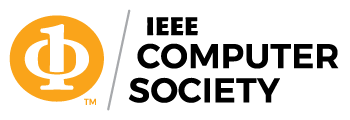Discover Bodies of Knowledge
Learn Key Concepts in Software Engineering, Systems Engineering, and IT
Bodies of Knowledge are defined as collections of core concepts and definitions of a given discipline. The Computer Society Bodies of Knowledge (BOK) hold the industry’s top guides for standards and practices important to computing professionals.
Software Engineering Body of Knowledge (SWEBoK)
Understand the basics of the software development life cycle. Get the context and how development fits into a software project as a whole. SWEBOK may not include everything a software engineer should know, but it identifies the core knowledge areas.
Read the objectives and what you will learn. The guide was reviewed by over 150 professionals in 33 countries, ensuring a thorough and accurate representation of effective software engineering.
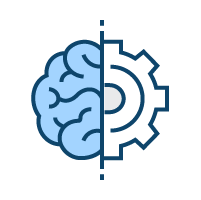
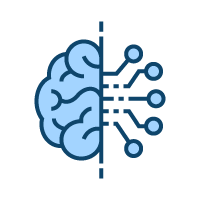
Systems Engineering Body of Knowledge (SEBoK)
An introduction to the cross-disciplinary world of systems engineering for those looking to better understand the scope and lifecycle of a project. This 7-part guide covers 25 knowledge areas (KAs) in systems engineering, as well as a graduate reference curriculum.
Enterprise Information Technology Body of Knowledge (EITBoK)
A collection of high-level knowledge areas (KAs) that are essential for a successful IT department; a vital part of any businesses and enterprises. All companies with or without a dedicated IT team should be familiar with the essential needs and best practices in IT systems.
This collection covers the basics of enterprise-level needs, including: cybersecurity; change initiatives; disaster preparedness; and more.
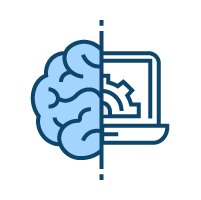
What’s the difference between a Body of Knowledge and an Online Course?
A body of knowledge provides a quick overview of the discipline as a whole, whereas an online course will provide a deeper understanding of how to achieve successful projects.
IEEE CS Bodies Of Knowledge are a formal way of referring to core competencies, or what should be known, to be successful in your area of expertise. The certifications test that knowledge, while our online learning courses teach you about specific areas.

How to Use a Body of Knowledge to Your Benefit
- Share with new staff
- Get an understanding of discipline before choosing a major or focus
- Prep for a job interview
- Refresh your knowledge
Where to Go Next
- Provide feedback: How are you using SWEBOK and other bodies of knowledge? Let us know at [email protected] or on social media.
- Find a community of your peers: We host numerous technical communities specialized in different aspects of computing. Join for free and build a network.
- Attend an interactive webinar: Register and attend a free webinar to ask questions on career advice, methodologies, best practices, and new technologies.
